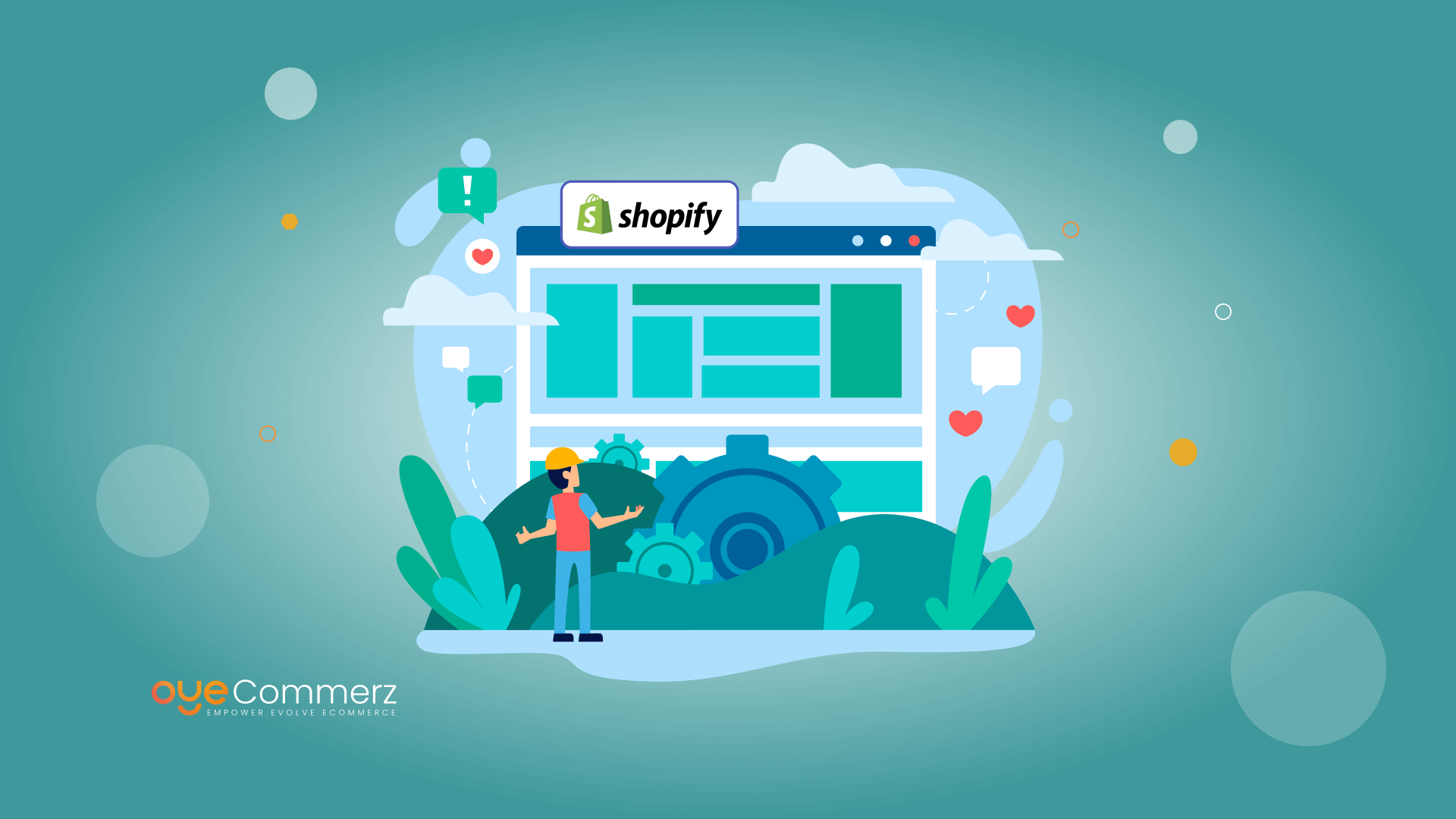Overview
In today’s cutthroat e-commerce landscape, differentiating is essential, and one of the best ways to set apart a Shopify store is through tailored app creation. A well-built Shopify app can boost store capabilities, simplify processes, and boost customer interaction. This article delves into essential aspects of Shopify app development, covering API integration and app ecosystem to growth techniques and digital marketing approaches, offering a roadmap for businesses seeking unmatched store performance.
Why Shopify API Integration Matters
Shopify’s API offers robust tools to customize and extend store capabilities. With GraphQL and REST APIs, developers can access data to create apps that handle inventory control, order processing, and customer data management smoothly. Integrating Shopify’s API can lead to better workflow automation and enables stores to serve customers more effectively.
Utilizing the Polaris Design System
Shopify’s Polaris is Shopify's design system for designing intuitive and easy-to-use Shopify apps. By following Polaris guidelines, developers guarantee that apps integrate smoothly within the Shopify Admin experience. This ensures a cohesive appearance that resonates with Shopify merchants, encouraging ease of use and familiarity for merchants using your tailored app.
Understanding the Shopify App Ecosystem
The Shopify app ecosystem offers endless possibilities for improving e-commerce sites. From handling order fulfillment to increasing customer engagement, apps in this environment are designed to meet diverse business needs. Familiarizing with this ecosystem assists developers in identifying unique app opportunities and enables seamless integration of external tools that enhance the store.
Developing Embedded Shopify Apps
Embedded apps integrate directly within the Shopify Admin, allowing a seamless experience for merchants. They allow merchants don’t have to leave their Shopify control panel, simplifying their process. Using Shopify App Bridge and embedded app features is recommended for offering a cohesive, integrated user environment.
Using Node.js and React for Shopify Apps
The technologies Node.js and React have emerged as ideal tools for Shopify app development. This server-side framework enables high-performance back-end services, while React allows for interactive and adaptive front-end design. Combined, they offer an strong framework for creating speedy, growth-ready Shopify apps that improve store performance and customer engagement.
Utilizing Webhooks in Shopify Development
Webhooks allow real-time data synchronization between Shopify and an outside application. They trigger events such as new orders or stock changes and provide immediate alerts to your app. By utilizing webhooks, apps can deliver real-time insights for store owners, simplifying processes and boosting efficiency.
Engaging Customers Through Digital Marketing for Shopify Apps
To make a Shopify app successful, connecting with users is key. Utilizing online marketing techniques like SEO, email marketing, and social outreach can increase app usage. Additionally, designing apps with customer interaction as a focus (e.g., loyalty programs or personalized recommendations) increases user loyalty and satisfaction.
Making Your Shopify App Scalable
As e-commerce businesses grow, so do their technology requirements. Ensuring that your Streamline Shopify processes app can scale to handle higher usage, larger data sets, and more advanced functionalities is essential. By optimizing server capacity and using scalable technologies, you can develop apps that grow in Shopify API tools parallel to a store’s growth.
Essential Features and Maintenance for Shopify Apps
For an app to be effective, it should offer essential features like user login, analytics dashboard, and support channels. Ongoing app upkeep, including updates to fix bugs and compatibility checks with new Shopify features, is important to ensure continuous operation and avoid interruptions to merchant workflows.
Conclusion
Custom Shopify app development holds vast potential for e-commerce businesses, offering the ability to enhance performance, streamline processes, and build customer relationships. From integrating APIs to focusing on scalability and customer interaction, creating a Shopify app involves thoughtful preparation and strategic execution. If you’re prepared to elevate your e-commerce experience, a tailored Shopify application could be the ideal choice. What features do you see for your ideal app? Share your thoughts and begin the journey to an enhanced e-commerce journey!
